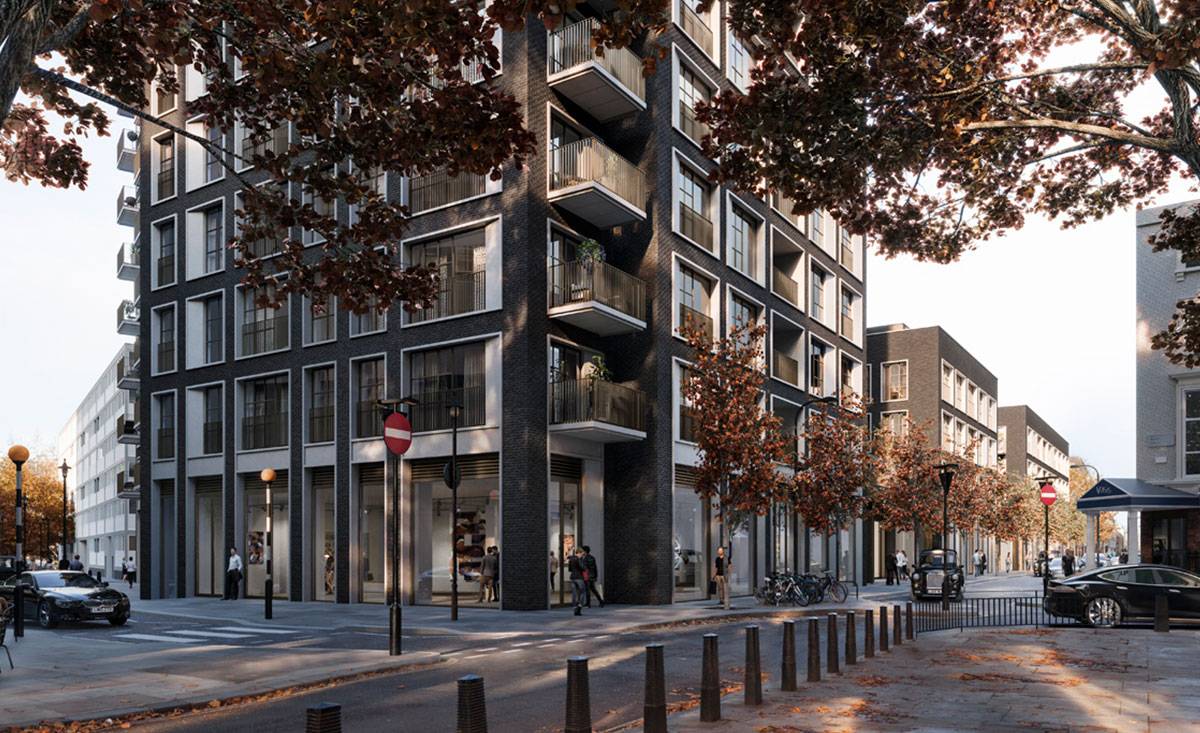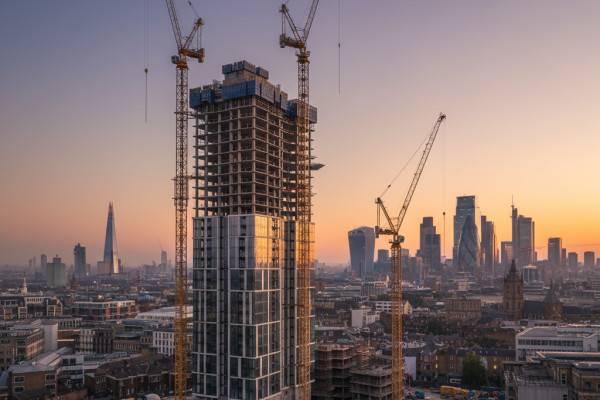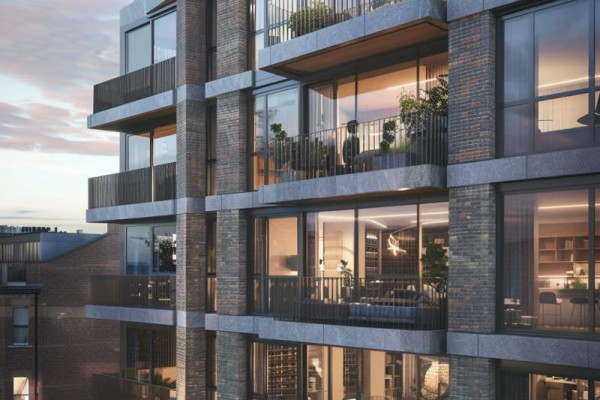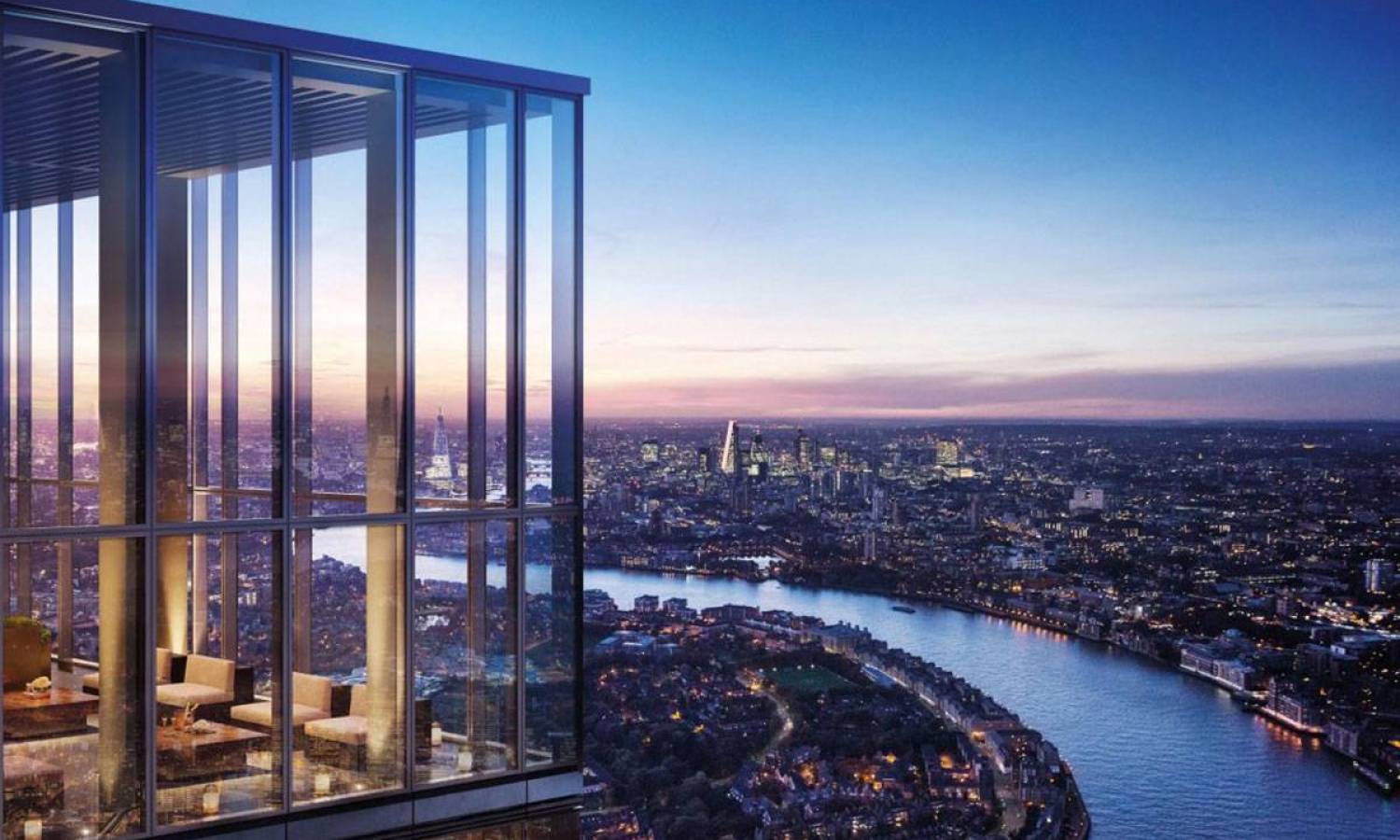
Sustainable Real Estate: The Green Revolution Impacting Asset Values
In recent years, environmental, social, and governance policies (ESG) have taken centre stage, driving a push towards achieving net carbon neutrality across various markets. This shift is profoundly impacting the real estate sector.
In June 2019, the UK set an ambitious goal of achieving a 100% reduction in greenhouse gas emissions by 2050, known as the Net Zero Target.
"Along with events like COP27 and this greater attention on climate change in recent years, sustainability and ESG have become buzzwords, particularly in the real estate sector."
The significant carbon footprint associated with building construction and operation is a major driver of viability concerns.

Developments currently contribute to a substantial portion of global energy-related carbon emissions, highlighting the urgency of addressing this issue.
| Aspect | Global Energy-Related Carbon Emissions (%) |
| Operational Emissions | 28% |
| Emissions from Energy Use | 11% |
| Emissions from Materials and Construction | 11% |
| Buildings in Total | 39% |
The Introduction Of The Net Zero Strategy
To align with the Net Zero Target, the UK government has introduced the Net Zero Strategy, outlining principles for decarbonization in construction and infrastructure projects. A guidance note from the UK Government Commercial Function provides further details on these requirements.
The Net Zero Strategy's implementation and continuity regulations directly influence investment decisions in the real estate sector. A 2022 RICS Sustainability Report highlights an increasing demand for "green" constructions among UK investors and customers.
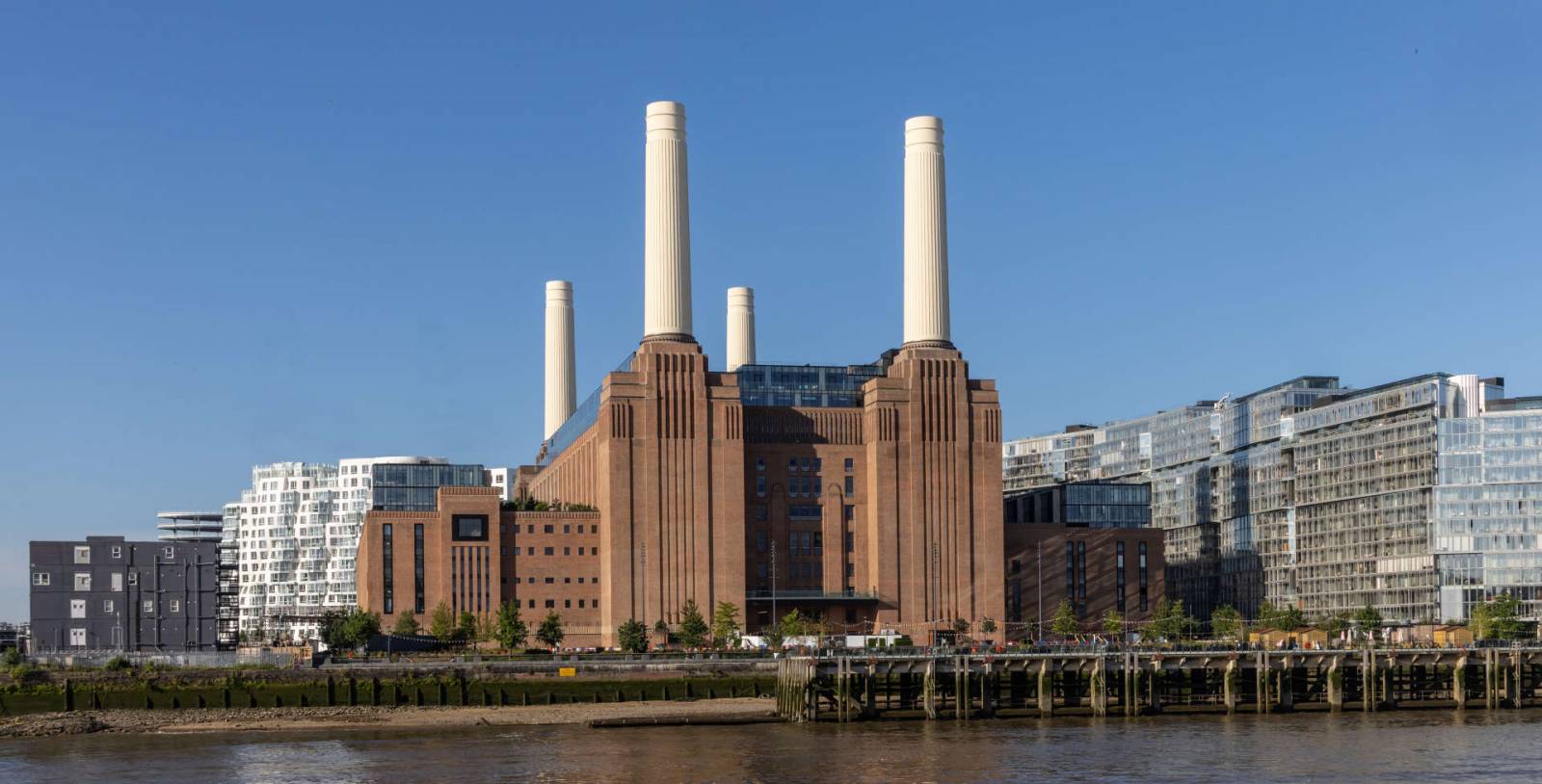
This trend is further reinforced by the Minimum Energy Efficiency Standards (MEES) introduced in April, which makes it unlawful to lease a commercial property with an Energy Performance Certificate (EPC) rating below F or G. These criteria are expected to become more stringent by 2030, further impacting the industry.
The Era Of The "Green Premium"
Historically, houses exceeding minimum energy and sustainability requirements commanded a "green premium." These developments achieved higher values due to their enhanced environmental performance.
The 2023 BCLP Law Energy Efficiency Series underscores the advantages of green buildings:
- more rapid leasing,
- lower vacancy rates,
- rental premiums,
- increased occupancy rates,
- higher sale prices.
Sustainability Becomes the Industry Standard
The confluence of regulations and market dynamics has elevated the value of continual assets to the point where viability is now considered the industry norm rather than a premium feature.
While location has always been a critical factor in determining real estate values, there is a growing trend of properties in prime locations being sold at a "brown discount" due to their inability to meet legal sustainability requirements. Such constructions require substantial upfront investments to meet these criteria.
Shifting Dynamics in Office Demand
The JLL UK 2023 Capital Markets review and outlook indicate declining demand for office developments, driven by remote and hybrid work arrangements and the challenge of meeting feasibility conventions in older buildings.
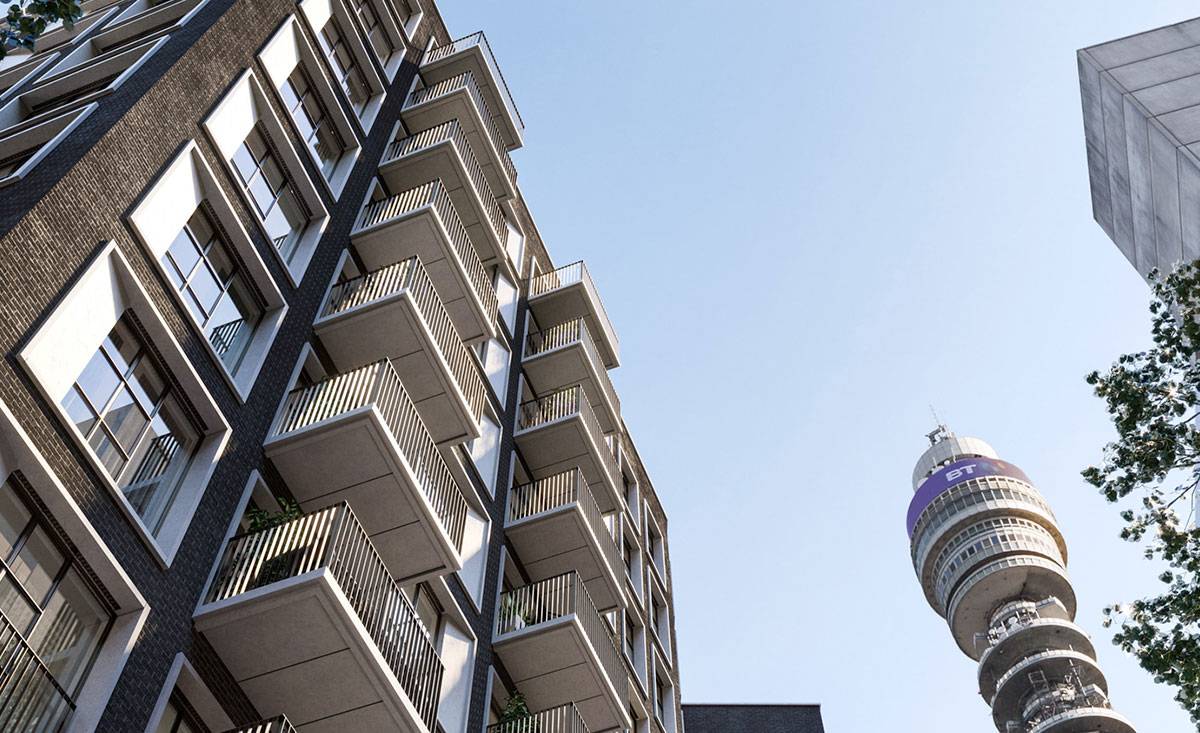
Continuity remains a critical factor that can either enhance or diminish equity values in prime locations. The evolving trend of returning to offices by major companies adds complexity to the equation, highlighting the ongoing need to meet sustainability principles.


